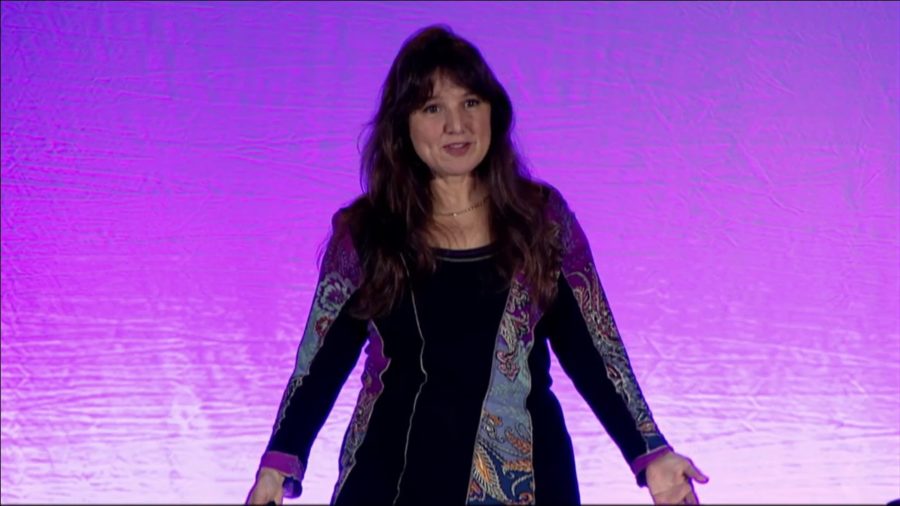Our tale begins in Afghanistan with the Soviet invasion in 1979. This came out of a blue sky, military speak for there were no clouds, there were no warnings. But suddenly the Soviets invaded the country in support of a Soviet-inclined government. But a government which aroused huge resentments and resistance on the part of many many people in Afghanistan.
Archive (Page 4 of 7)
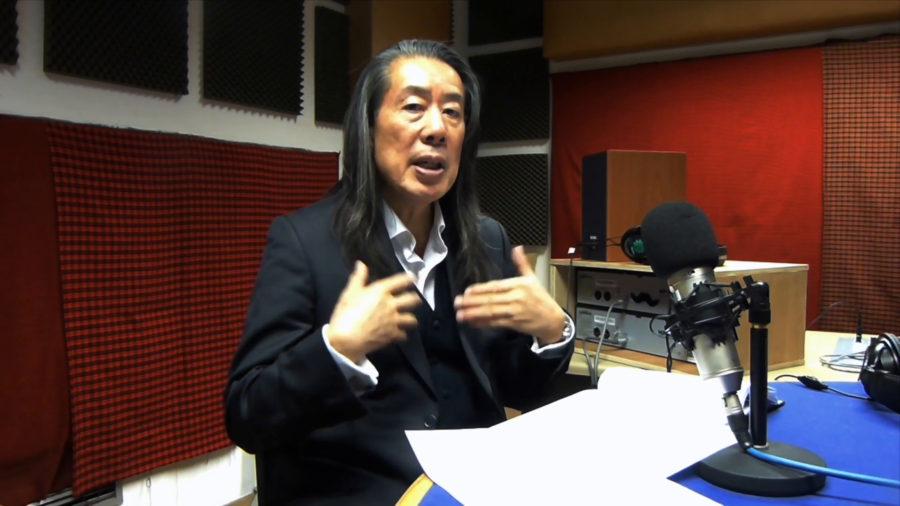
If the 1979 Iranian revolution was a turning point in late 20th century history, what followed set the scene for a series of betrayals and revivals of the sort that the Western world could not have envisaged.
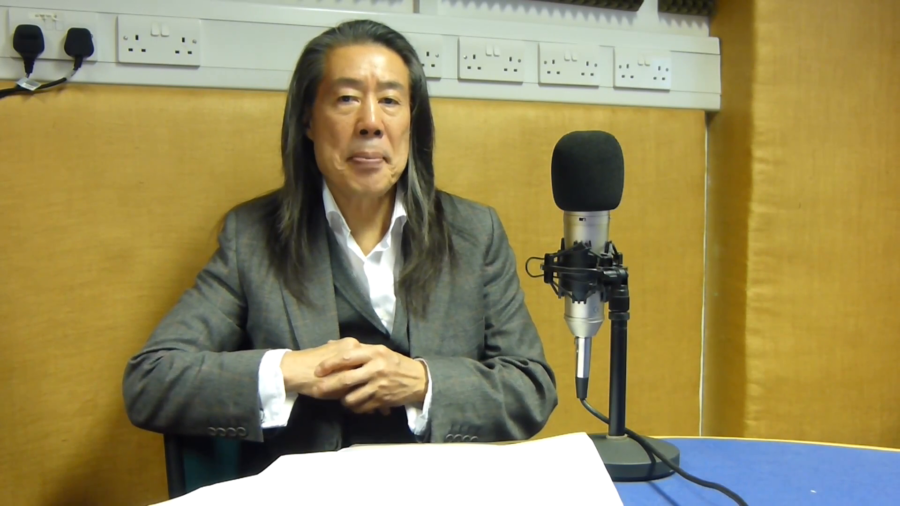
When you try to analyze the resacralization of the secular state system, there are many mistakes that scholars particularly in the West make. They assume that resacralization is simply secularism plus the sacred added on. As if the system was still conceived in the same way, even it wishes to behave in a different way. But what in fact is going on is fragmentary, a mixture.
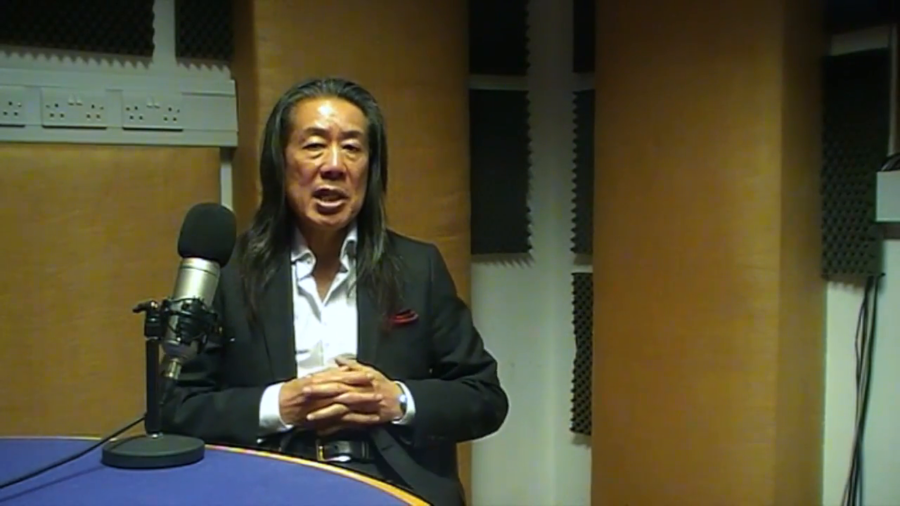
To secularize the state is not simply a magical operation that happens at the wave of a hand. You’ve got to desacralize the state.

When we look back at our history here in Europe, we often celebrate the romanticized version of that history and forget the import that that romanticism often cloaked. For instance when we have films, when we read the books of Alexandre Dumas, particularly The Three Musketeers, all we see are three (plus one) swashbuckling, sword-bearing gentleman usually of an exquisite handsomeness. And there’s an evil cardinal, Cardinal Richelieu, lurking in the background. But the idea that France was just like this for no apparent reason is something that we never really really investigate.
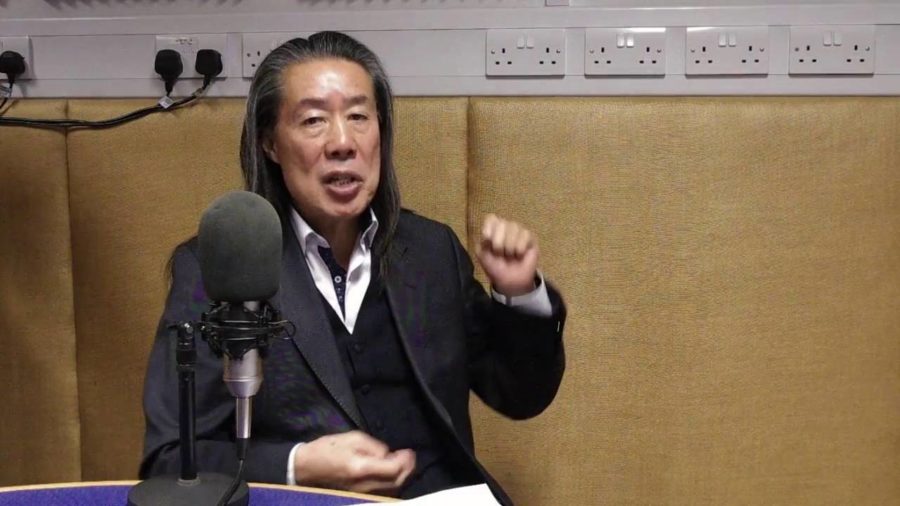
We’re looking at religion as an organized and above all institutionalized system of beliefs. The organization particularly of textual or other recorded teachings that form the basic faith framework of the religion, and the institutionalization which polices those teachings, polices the extent, the limits, and above all the interpretation of what those texts might mean.

The Internet meme framework is a useful way to understand a certain range of object production, a certain sort of informal production that combines networked modes of production similar to shanzhai or the hat printing, with the global reach of the Internet and global shipping services as well. The ability to move bits and atoms with just as much ease and efficiency.
There is this bias in society that as long as you have more information things are automatically better because you have more knowledge. It’s a bias that goes all the way back to the Enlightenment.
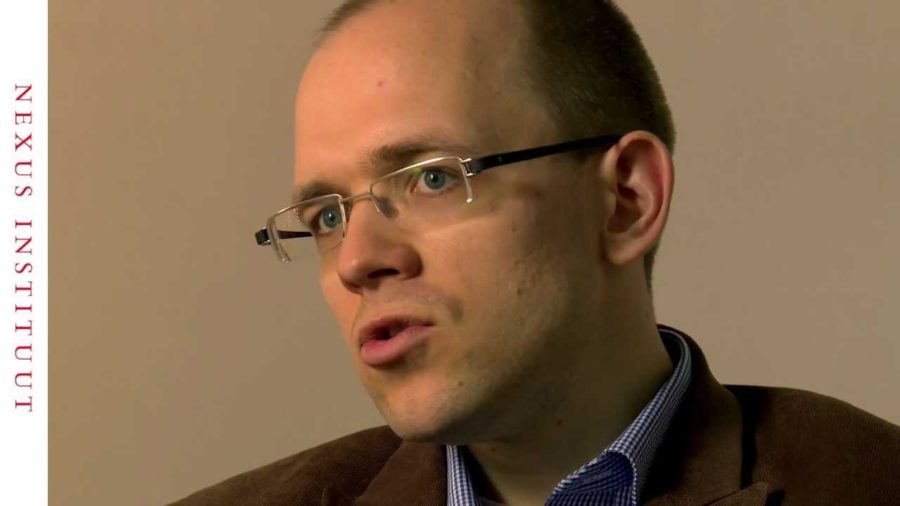
There is this very bizarre alliance between world-changing geeks on the one hand and policymakers who only care about outcomes. They no longer care about how those outcomes are arrived at. They have stripped politics of all meaning. All they want is to get people to do the right thing. They don’t care why they do it.


